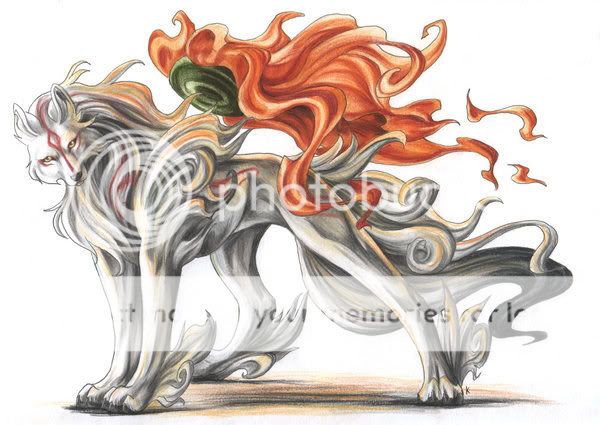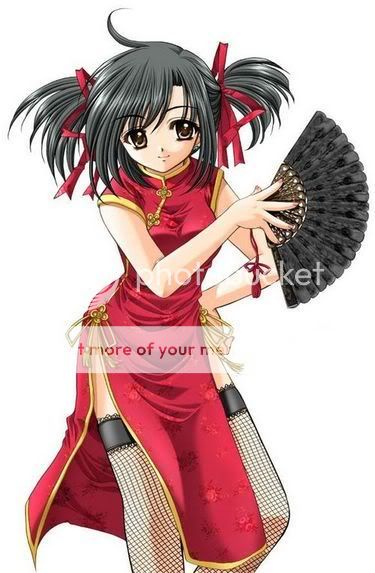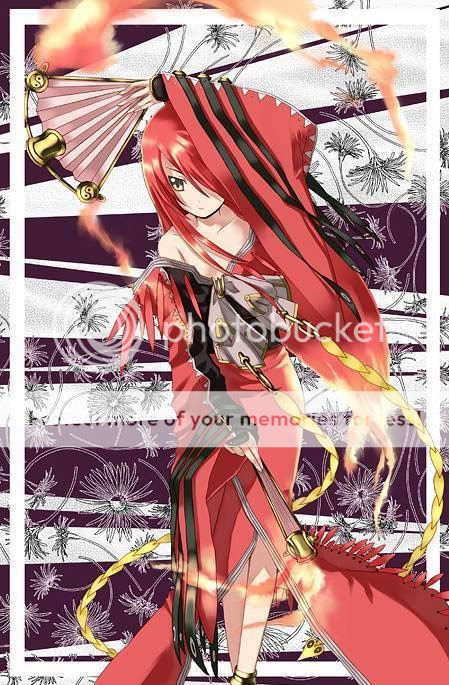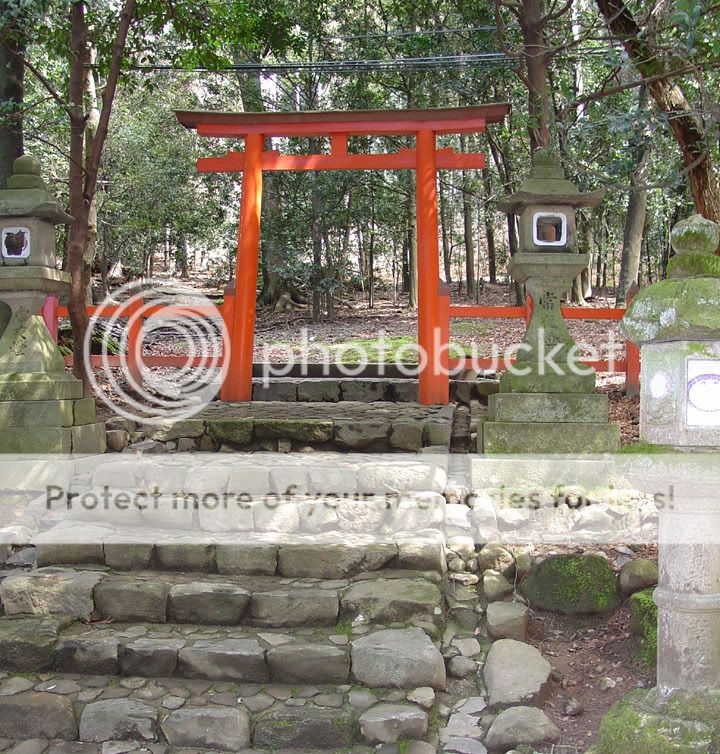Marbh_Leannan
(?)Community Member
- Posted: Sat, 16 Feb 2008 21:30:32 +0000

Our Story Takes Place In Feudal Japan
The "feudal" period of Japanese history, dominated by the powerful regional families and the military rule of warlords, stretched from the twelfth through the nineteenth centuries. But this time was not only a time for wars and battles, this was a time of demons and the Shinto, this was also a time for them and their wars and battles to be the strongest amoung their kind.
Shinto
Shinto (神道, Shintō?) is the native religion of Japan and was once its state religion. It is a type of polytheism, and involves the worship of kami (神, kami?), spirits. Some kami are local and can be regarded as the spiritual being/spirit or genius of a particular place, but other ones represent major natural objects and processes: for example, Amaterasu, the Sun goddess, or Mount Fuji. Shinto is an animistic belief system. The word Shinto, from the original Chinese Shêntao (神道),[1] combines two kanji: "shin" (神, "shin"?) (loanwords usually retain their Chinese pronunciation, hence shin not kami), meaning gods or spirits; and "tō" (道, "tō"?), meaning a philosophical way or path (originally from the Chinese word dao). As such, Shinto is commonly translated as "The Way of the Gods". Some differences exist between KoShinto (the ancient Shintō) and the many types of Shinto taught and practiced today, showing the influences of Buddhism when it was introduced into Japan in the sixth century.
Shinto (神道, Shintō?) is the native religion of Japan and was once its state religion. It is a type of polytheism, and involves the worship of kami (神, kami?), spirits. Some kami are local and can be regarded as the spiritual being/spirit or genius of a particular place, but other ones represent major natural objects and processes: for example, Amaterasu, the Sun goddess, or Mount Fuji. Shinto is an animistic belief system. The word Shinto, from the original Chinese Shêntao (神道),[1] combines two kanji: "shin" (神, "shin"?) (loanwords usually retain their Chinese pronunciation, hence shin not kami), meaning gods or spirits; and "tō" (道, "tō"?), meaning a philosophical way or path (originally from the Chinese word dao). As such, Shinto is commonly translated as "The Way of the Gods". Some differences exist between KoShinto (the ancient Shintō) and the many types of Shinto taught and practiced today, showing the influences of Buddhism when it was introduced into Japan in the sixth century.













